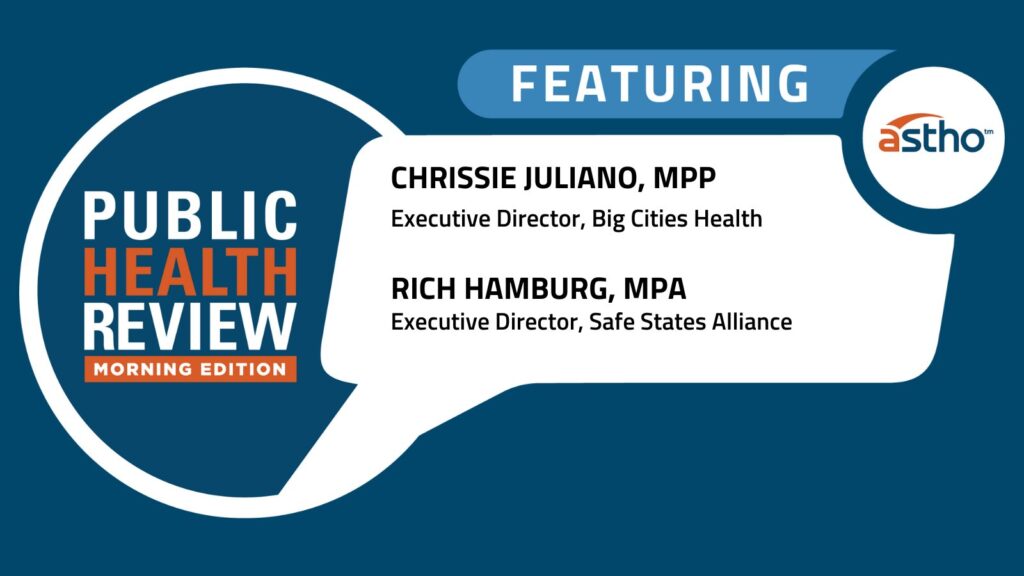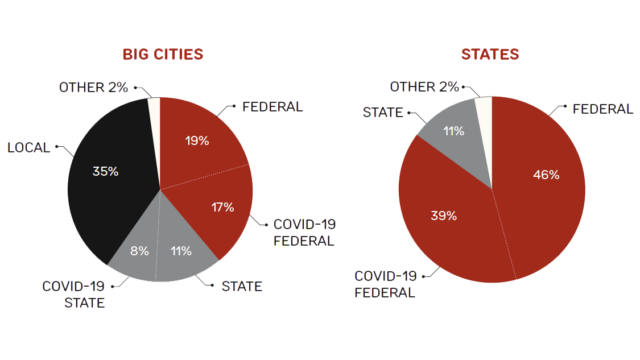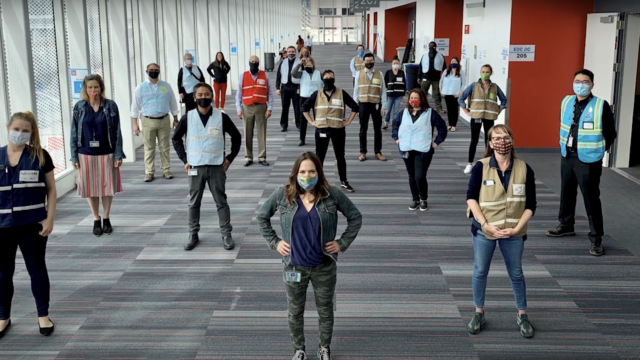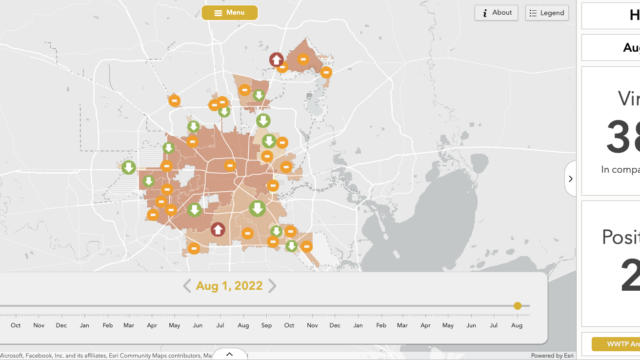REPORT: Cities Need to Increase Number of Epidemiologists by Nearly Half to Combat Key Health Challenges, Including COVID-19
February 2022
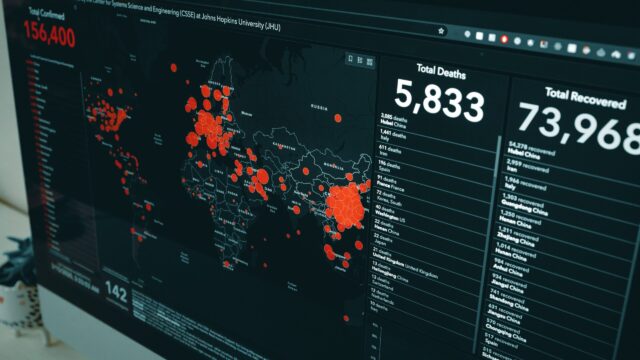
A new report released by the Big Cities Health Coalition (BCHC) and the Council of State and Territorial Epidemiologists (CSTE) shows that big city health departments are in dire need of epidemiologists, putting the nation’s efforts to combat current and future pandemics at risk. To reach full capacity, big city health departments report they would need to increase their epidemiology staff by nearly half.
“Central to getting the pandemic under control is focusing on major cities, which are critical population, employment, and economic centers,” said Chrissie Juliano, MPP, Executive Director of the Big Cities Health Coalition. “Nearly 1 in 5 Americans live in our member cities, and right now, cities are short staffed, including among epidemiologists responding to a number of threats to public health.”
“This report shows that we need more epidemiologists in cities like mine, and that federal resources to fight COVID-19 are not reaching health departments on the front lines where they are needed most,” said Mysheika Roberts, MD, MPH, Columbus, OH, Health Commissioner and Chair, Big Cities Health Coalition. “The past two years have taken a tremendous toll on public health departments of all sizes and emergency COVID funding will soon disappear, presenting yet another ‘funding cliff’ for public health. Cities need direct, sustained funding to make our nation prepared for the next pandemic and to fight ongoing health crises like gun violence and the opioid epidemic.”
“Epidemiologists are crucial to our nation’s ability to respond to the COVID-19 pandemic, and cities need far more of these specialists to get the job done,” said Janet Hamilton, MPH, Council of State and Territorial Epidemiologists Executive Director. “These ‘disease detectives’ collect, analyze, and deliver timely outbreak data to inform both policymakers and the public where outbreaks are happening and how they can be stopped. This study makes clear what we knew anecdotally: big cities need more staff and resources to address the magnitude of the public health concerns in their jurisdictions.”
In order for leaders to make decisions for their communities, reflecting conditions on the ground, every city needs greater capacity to analyze data on the pandemic, and other acute crises like opioids and gun violence. This report shows that right now, cities don’t have the disease control experts they need to do so.
The report also shows that a lack of epidemiologists in local health departments means that health officials are making tough decisions, often diverting key staff from challenges like surging gun violence and overdoses in cities, to address the COVID-19 emergency.
Big Cities Health Coalition Epidemiology Capacity Assessment, 2021
Download the Report Big Cities Health Coalition Epidemiology Capacity Assessment, 2021